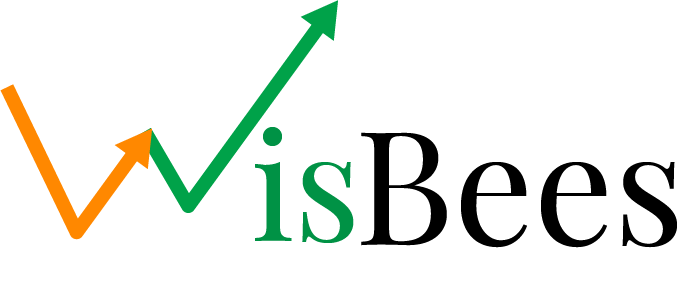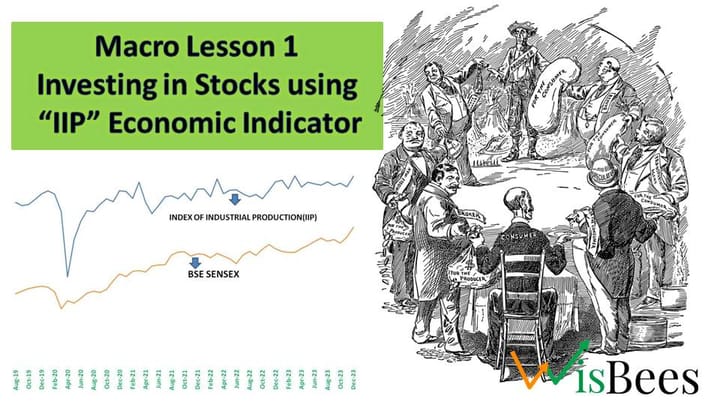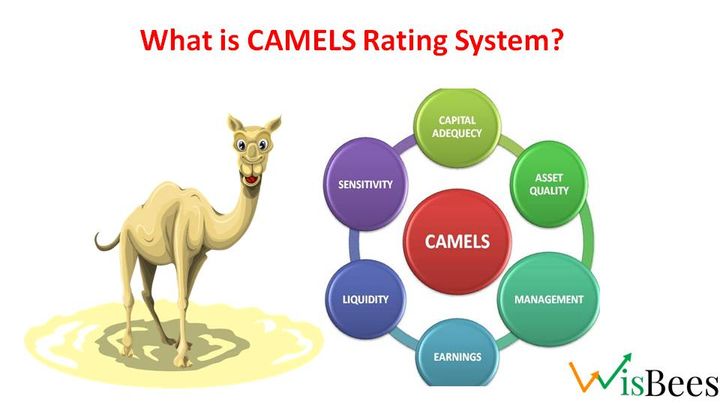Asset

A tangible or intangible object or a resource that arises from past investment decisions and allows its owner or someone who controls it to have the economic benefit that flows from it because of employing it in various economic activities. Tangible assets include land, buildings, investments, debtors, plants, machinery, etc. Intangible assets include goodwill, patents, and trademarks.
· Fixed Assets: It is also known as PP&E (Plant, property, and equipment). This type of asset is of long-term nature as they tend to persist in the company's books for more than a year, and its value is depreciated over the years of its useful life period.
· Current Assets: These types of assets have a shorter life span as they persist in the company’s books for not more than a year, and they are converted into cash or used up within a year.
· Tangible assets: Assets that have a physical form are called tangible assets—for example, plants, property, equipment, etc.
· Intangible Assets: Non-monetary assets lacking physical form or substance are termed intangible assets. Such as software used in computers, goodwill, patents, copyrights, non-compete agreements, etc.
· Operating Assets: The assets used in a business's operations to generate revenue are operating assets. Such as cash, fixed assets, accounts receivable, prepaid expenses, inventory, technology licenses, etc.
· Non-Operating Assets: The assets that are not related to or contribute to the operations of a business. Such as unused lands, unsold securities, idle equipment, spare equipment, etc.



